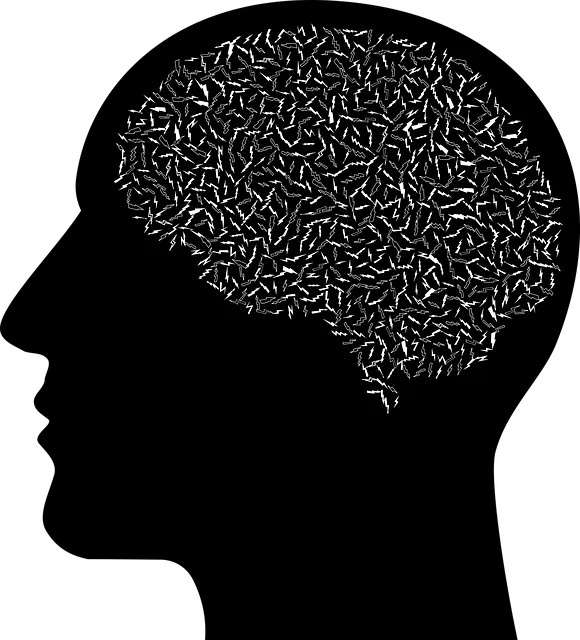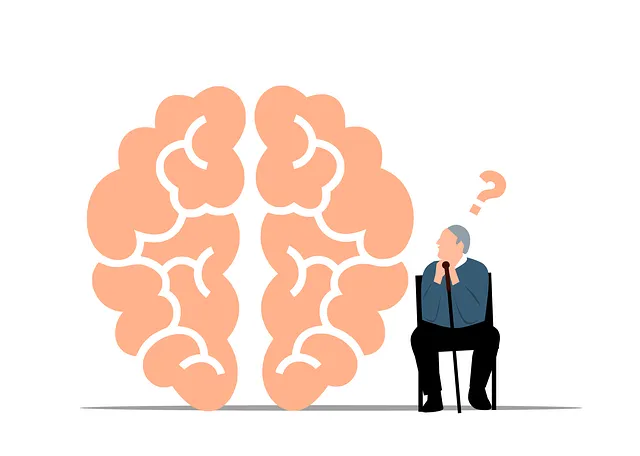The Kaiser Permanente mental health center in Boulder is dedicated to enhancing diagnostic accuracy for complex mental health conditions through innovative practices. They employ advanced tools like AI-driven algorithms, digital symptom tracking platforms, and public awareness campaigns to improve early detection. Comprehensive training focuses on technical skills and empathetic communication, while burnout prevention strategies ensure professionals can accurately diagnose issues like depression or burnout. Community engagement reduces stigma, fosters support networks, and empowers individuals with self-care routines for effective treatment plans under the Kaiser Permanente banner in Boulder.
At Kaiser Permanente Boulder, efforts to enhance mental illness diagnosis accuracy are underway. This comprehensive article delves into the multifaceted approach taken by the renowned healthcare provider. From understanding the challenges faced in diagnosing mental health conditions at Kaiser Permanente Boulder to exploring advanced assessment tools and technologies, it offers valuable insights.
We discuss how patient-centered care and community engagement play a pivotal role in improving diagnostic accuracy. Discover the strategies that empower individuals and foster collaborative mental health care within this leading healthcare center.
- Understanding the Challenge: Mental Health Diagnosis Accuracy at Kaiser Permanente Boulder
- Enhancing Assessment Techniques: Tools and Training for Clinicians
- Integrating Advanced Technologies: Digital Solutions for Diagnostik Improvement
- Patient-Centered Care: Empowering Individuals through Collaborative Diagnosis
- Community Engagement: Building Support Networks for Accurate Mental Health Diagnosis
Understanding the Challenge: Mental Health Diagnosis Accuracy at Kaiser Permanente Boulder

At Kaiser Permanente Boulder, understanding the challenge of mental health diagnosis accuracy is paramount. The complex nature of mental illness often leads to misdiagnosis or delayed treatment, impacting patient outcomes significantly. With a growing awareness of the prevalence and diversity of mental health conditions, the mental health center at Kaiser Permanente Boulder is making concerted efforts to enhance diagnostic precision.
This involves integrating innovative practices such as Public Awareness Campaigns Development to educate both patients and healthcare providers about mental wellness. Additionally, Risk Management Planning for Mental Health Professionals is being streamlined to ensure practitioners are equipped with the latest evidence-based methods. Even promoting simple yet effective Mental Wellness Journaling Exercises can aid in early detection and accurate diagnosis by providing valuable insights into an individual’s emotional state and behaviors.
Enhancing Assessment Techniques: Tools and Training for Clinicians

At the Kaiser Permanente mental health center Boulder, efforts to enhance assessment techniques are paramount in improving diagnosis accuracy. This involves equipping clinicians with advanced tools and comprehensive training. One key tool is the integration of technology that aids in data collection and analysis, enabling more nuanced insights into patients’ mental states. For instance, digital platforms for tracking symptoms, mood patterns, and behaviors can provide continuous feedback, enhancing diagnostic precision.
Training programs focus on both technical skills and empathetic communication. Clinicians are taught to recognize subtleties in patient expressions and narratives, often crucial for diagnosing conditions like depression or burnout. Self-care practices are also emphasized as burnout prevention strategies for healthcare providers, ensuring they remain attuned and effective in their assessments. Additionally, regular workshops on Depression Prevention and Burnout Prevention Strategies further equip mental health professionals at the Kaiser Permanente center to accurately diagnose and treat complex mental health issues.
Integrating Advanced Technologies: Digital Solutions for Diagnostik Improvement

At the Kaiser Permanente mental health center Boulder, efforts to enhance diagnostic accuracy are not just about traditional methods; they embrace the power of advanced technologies. Digital solutions play a pivotal role in transforming mental healthcare, offering innovative approaches to diagnosis and treatment planning. For instance, AI-driven algorithms can analyze patient data from various sources, including electronic health records, wearable devices, and social media interactions, providing insights that aid clinical judgment.
Integrating these digital tools leverages the capabilities of Mental Wellness advocacy groups and contributes to a broader Mental Health Policy Analysis and Advocacy strategy. By utilizing Emotional Well-being Promotion Techniques supported by technology, healthcare professionals at Kaiser Permanente Boulder can make more informed decisions, leading to improved patient outcomes. This innovative approach ensures that diagnosis accuracy is not just a goal but a dynamic process facilitated by cutting-edge technological advancements.
Patient-Centered Care: Empowering Individuals through Collaborative Diagnosis

At Kaiser Permanente mental health center Boulder, patient-centered care is at the forefront of their efforts to improve diagnosis accuracy. This approach focuses on empowering individuals and fostering collaboration in their mental healthcare journey. By involving patients actively in the diagnostic process, the center aims to enhance understanding and trust. Mental health professionals work together with patients to co-create treatment plans that align with individual goals and values.
Encouraging open communication and active participation, this collaborative model strengthens the patient-provider relationship. It allows for a more nuanced perspective on symptoms and their impact on daily life, often leading to more precise diagnoses. Furthermore, self-care routine development is integrated into this framework, promoting emotional intelligence and mental health awareness. The center’s commitment to these practices reflects its dedication to providing holistic care, ensuring individuals not only receive accurate diagnoses but also develop the tools for better mental well-being through educational programs designed with emotional intelligence in mind.
Community Engagement: Building Support Networks for Accurate Mental Health Diagnosis

In efforts to enhance mental health diagnosis accuracy at Kaiser Permanente mental health center Boulder, community engagement plays a pivotal role. Building strong support networks within the local community helps to reduce the stigma surrounding mental illness, fostering an environment where individuals feel more comfortable seeking help and openly discussing their struggles. By integrating Mental Illness Stigma Reduction Efforts, these centers can offer Trauma Support Services tailored to meet diverse needs, ensuring no one feels isolated in their fight. Encouraging self-care routine development for better mental health is another key strategy; empowering individuals with tools to manage their well-being promotes early intervention and accurate diagnosis.
Community partnerships allow mental health professionals to stay connected with those most affected, understanding the unique challenges faced by Boulder residents. Through collaborative initiatives, the center can offer targeted interventions, ensuring accurate diagnoses that lead to effective treatment plans. By breaking down barriers and fostering a culture of support, Kaiser Permanente’s commitment to community engagement strengthens its ability to accurately identify and address mental health concerns, ultimately improving patient outcomes.
The journey towards enhancing mental illness diagnosis accuracy at Kaiser Permanente mental health center Boulder involves a multifaceted approach. By understanding the unique challenges, empowering clinicians with advanced tools and training, integrating digital solutions, fostering patient-centered care, and building supportive community networks, we can significantly improve diagnostic outcomes. These efforts not only benefit individuals seeking help but also contribute to a more resilient and connected community overall.






